The pitter-patter of little feet is often considered a hallmark of happiness and fulfillment. However, childless couples navigate a complex emotional landscape punctuated by remarks that, while perhaps well-intentioned, cut deeply. The truth is words hurt.
Through the lens of understanding and shared experience, we explore the nuanced conversations that surround couples without children.
This article seeks to peel back the layers of conversation surrounding childlessness and infertility. Hoping to reveal the complex interplay of emotions, expectations, and societal pressures that can make well-intentioned words feel like barbs to the heart.
Our dialogue here is not just about uncovering the pain points but also about nurturing an environment where empathy flourishes. One where every voice feels heard and validated.
We delve into the heart of why words can wield such power, capable of evoking an emotional response that rivals and sometimes surpasses physical discomfort.
As we navigate these conversations, the spirit of resilience is our silent companion. Let it guide you toward a deeper understanding and a more inclusive approach to the diverse journeys people undertake.
It’s about transforming the discourse from one of misunderstanding and inadvertent hurt to one of compassion, respect, and mutual support.
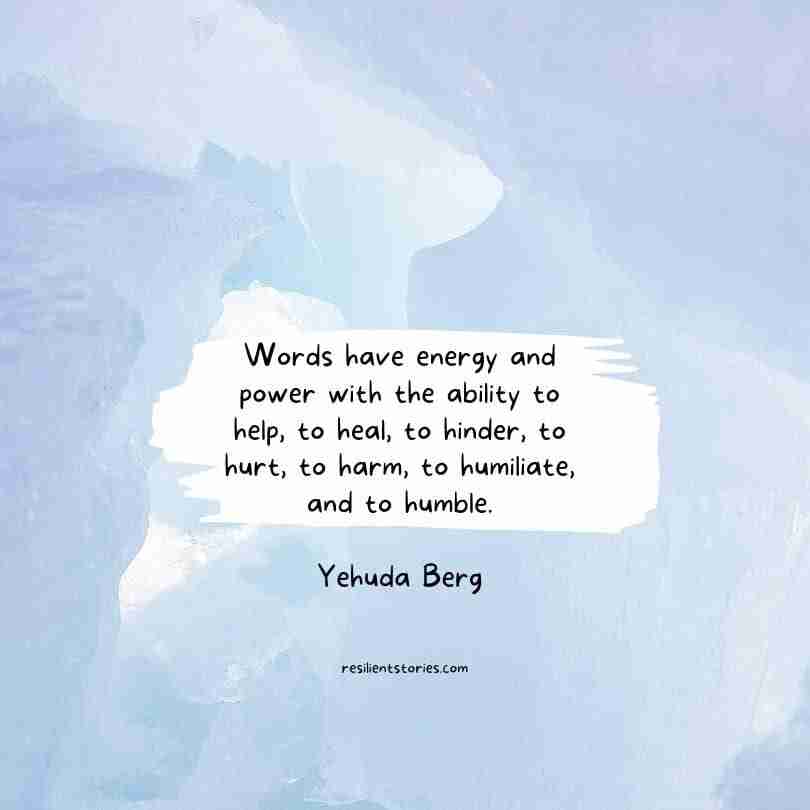
Things to Keep in Mind When Speaking to Childless Persons
The CDC states that over 8.5% of married women 15-49 are infertile. Of those women, 12.2% will seek fertility services.
If you were to inquire about first-time parenting plans from 10 of your married friends, you might unknowingly lead 1 of them into significant emotional distress.
Ann Jackoway Hammerman and Lara L. Deveraux wrote a trailblazing book back in 1998 on the topic of infertility and identity. At the time, their book was considered a “revolutionary clinical model for treating individuals and couples who are infertile.”
One part of infertility & Identity (paid link) that stood out to me the most was:
Most couples report a gradual shift in their ability to relate to people with whom they once talked easily.
They notice that it is hard to listen to others because they are forever anticipating the dreaded questions about children: What are their plans and intentions?
Lara L. Deveraux & Ann Jackoway Hammerman
By rethinking how we communicate about childlessness and infertility, we can foster a culture that embraces all paths with openness and kindness. One that possibly wounds fewer people with our words.
What Does it Mean When We Say Words Hurt?
When words hurt, it’s a phenomenon that goes beyond mere offense or discomfort. It’s a deep emotional response triggered by language that resonates with your most vulnerable self.
This reaction is not just about the words themselves. It’s about what they signify, the values they challenge, or the hidden fears they unearth within you.
Words carry the power of your collective social, cultural, and personal narratives. They can be potent tools for both connection and alienation.
At its core, when words hurt, it signals a clash between your inner world and the external expressions directed at you. This can manifest in various contexts.
Especially in sensitive areas like childlessness or infertility, where the words might poke at raw, perhaps unhealed, aspects of your identity or life choices.
These verbal interactions can evoke feelings of being misunderstood, marginalized, or invalidated. They strike at the heart of our desires for acceptance and belonging.
The pain from words often stems from their ability to conjure up a cascade of insecurities, doubts, and fears, equivalent to emotional abuse coming from the inside.
They can remind you of societal expectations you’re not meeting, dreams unfulfilled, or simply the longing a human being has to be seen and understood.
The hurt is thus a reflection of the words acting as mirrors, reflecting at you not just what is said but what is implied—about our worth, our choices, and our place in the world.
Understanding why words hurt requires a recognition of their dual capacity to heal and to harm. It’s about acknowledging the weight of language.
As you navigate your interactions, especially on delicate subjects, embrace empathy, thoughtfulness, and a deep appreciation for the diverse experiences that shape you.
This understanding not only helps in mitigating the pain words can cause. It also opens pathways for more meaningful, supportive, and enriching conversations.
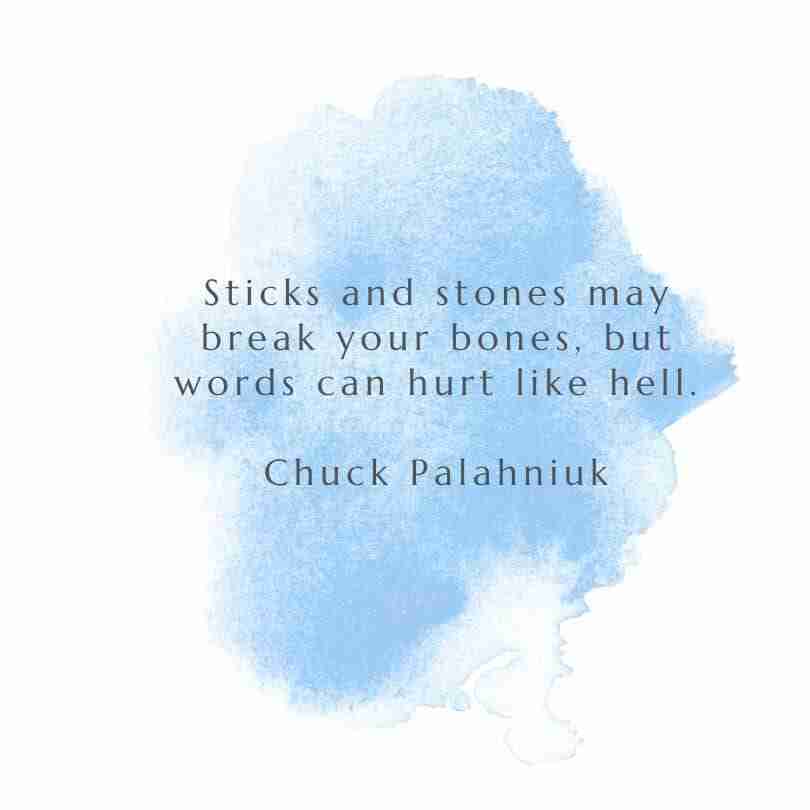
Involuntary Childlessness vs Voluntary Childlessness
Involuntary childlessness, marked by the deep-seated desire yet inability to have children because of biological, medical, or unexplained reasons, contrasts starkly with voluntary childlessness.
Voluntary childlessness occurs when individuals or couples choose not to have children for personal, environmental, or lifestyle reasons.
Both paths, while divergent in their genesis, intersect in the realm of societal scrutiny and the emotional complexities they invoke.
Involuntary childlessness can lead to profound feelings of loss and identity crisis, exacerbated by societal pressures and the often invisible struggle with fertility challenges.
Voluntary childlessness, although a decision made from a place of autonomy, is not immune to societal judgment, frequently facing misconceptions and critiques about selfishness or lack of fulfillment.
These dynamics underscore the nuanced experiences within the childlessness spectrum, highlighting the importance of empathy, understanding, and respect for personal choices and challenges in the discourse on family and childbearing.
Differences Between Childless and Childfree
The Carsey School of Public Policy at the University of New Hampshire reports a notable increase in childlessness among U.S. women aged 20-39, with a 10% decrease in births despite a 9% increase in the population of women in this age group.
This trend suggests changing attitudes toward childbearing and family planning.
Factors contributing to this trend include economic conditions, such as the Great Recession, societal changes, and individual choices regarding education, career, and lifestyle.
Among the childless women, there are those silently bearing the weight of Polycystic Ovary Syndrome (PCOS), a condition that often goes unseen yet deeply felt. It’s a journey marked by the absence of what many deem as a natural part of womanhood.
It took me over a year to get pregnant with my son. When he was around 4 or 5, I had not had a period for over two years. The doctor did some imaging and other tests and prescribed Metformin.
Discussions about fertility are often conducted in hushed tones, highlighting a distinct challenge. Numerous women find themselves navigating through multiple rounds of intensive treatments, such as in vitro fertilization, in their journey.
For some women, staying on birth control is necessary as pregnancy poses a risk to their health.
Discovering their stories reveals resilience and instances where joy breaks through sorrow’s shadow.
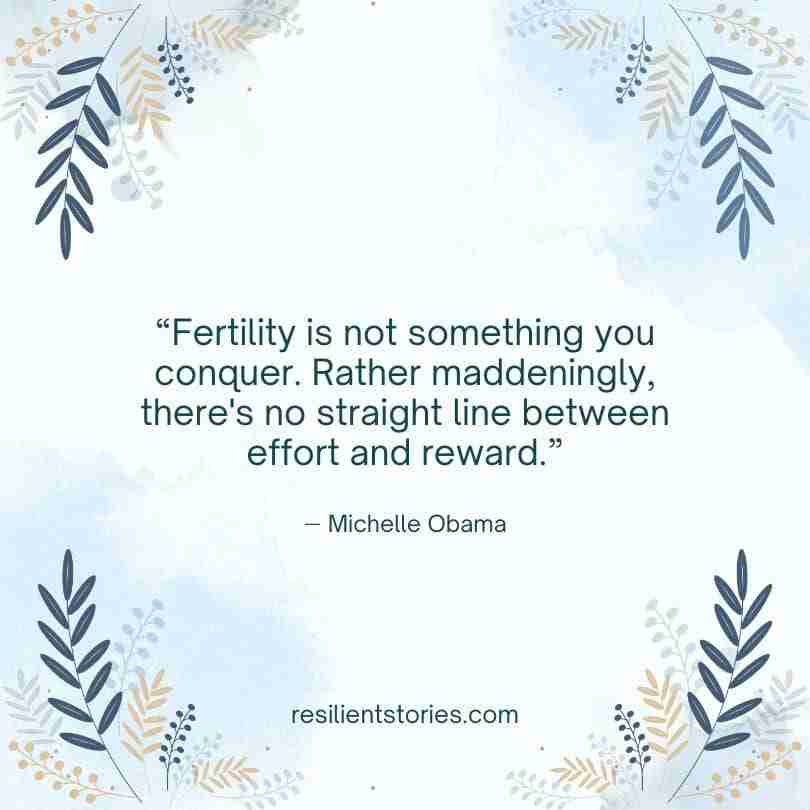
These Women Shared Some of the Hurtful Things That Were Said to Them
Here are some personal stories of women who have courageously shared the comments that have wounded them along their journeys.
Their experiences underscore the complexity of emotions tied to fertility challenges and the impact of societal perceptions on their paths.
Through their voices, we aim to shed light on the often overlooked aspect of the fertility journey—the emotional resilience required to face not just the physical trials but also the psychological ones borne from the words of others.
Words Hurt No Matter How Old You Are
In the journey of life, where timing plays a crucial role, the pressure of societal norms can often overshadow personal struggles, especially with childlessness and infertility.
Women in their early 40s face a unique set of challenges, navigating a terrain filled with misconceptions about age and parenting.
The narrative of Elizabeth King, a certified fertility expert, sheds light on the often unsolicited and hurtful comments that accompany attempts to conceive later in life.
These remarks highlight not only the societal pressures but also the emotional pain tied to fertility issues. Couples face an array of complex decisions, including the contemplation of adoption and the realities of miscarriage.
Elizabeth shares, “I got a lot of hurtful comments about my age. I was in my early 40s when I started trying and suffered from miscarriages.” Some examples include:
‘You’re too old to start having kids.’
‘Maybe your time has passed.’
‘Maybe it’s just not meant to be.’
‘Aren’t you worried about having children in your 40s?’
‘Maybe you’re not meant to be parents.’
‘You can always adopt.’
‘Aren’t you worried about the complications that could happen?’
‘Just relax.’
- (After a miscarriage) – ‘At least you know you can get pregnant’
Anything with ‘at least’ in it is super painful.
Elizabeth King, Certified Fertility Expert, Elizabeth King Coaching
These reflections underscore the insensitivity often faced by women grappling with the realities of childlessness, highlighting a need for greater compassion and understanding in our conversations.
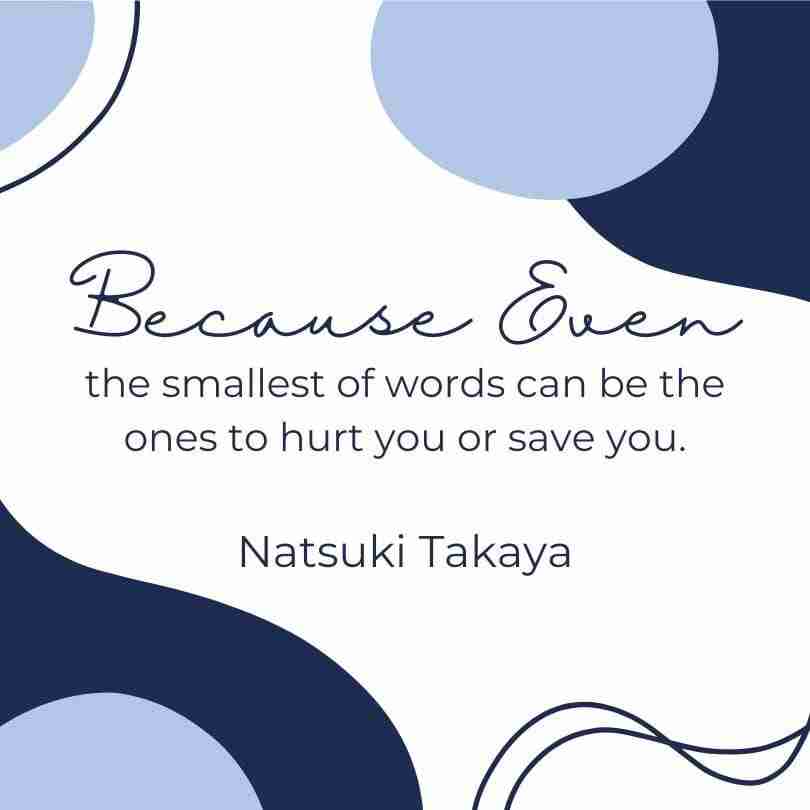
Words Hurt When You Do Not Know What Someone is Going Through
The path to parenthood can be a labyrinth of medical interventions for many, with each step accompanied by hope, despair, and, often, unsought advice.
Kristin Dillensnyder, CEO & Owner of KD Coaching LLC, voices the complexities of undergoing In Vitro Fertilization (IVF), a journey marked by emotional and physical challenges.
Her experience illuminates the isolation and hurt that can come from comments that undermine the deeply personal and often painful experiences of those struggling with infertility.
Kristin’s story is a stark reminder of the misconceptions surrounding IVF and the simplistic solutions offered by well-meaning but misguided individuals.
Kristin recounts, “Are you just looking for one? During my infertility struggle that included 3 IUIs and 3 rounds of IVF, I heard ALL the bad advice and unintentional but painful comments like,”:
‘You don’t know love until you’re a mom.’
‘Why don’t you just adopt?’
‘Just relax, and it will happen.’
‘Maybe you’re not meant to be a mom.’
‘Maybe you’re too late (i.e., too old).’
Kristin Dillensnyder, CEO & Owner, KD Coaching LLC
These narratives not only shed light on the personal pain and resilience required to navigate the complexities of IVF and other fertility treatments. They also call for a shift in how society engages with individuals and couples on this deeply personal journey.
Why is There a Stigma Surrounding Involuntary Childlessness
The stigma surrounding involuntary childlessness is a profound societal issue that touches the lives of many. Yet, also remains shrouded in silence and misunderstanding.
Rooted in deep-seated cultural norms and expectations, this stigma casts a long shadow over individuals and couples who find themselves navigating the complex path of infertility.
Or the decision not to pursue parenthood because of various uncontrollable circumstances.
These may include health issues (sexual dysfunction or medical diagnoses not related to fertility), genetic concerns, financial instability, lack of a supportive partner, emotional or psychological readiness, environmental considerations, and deep-seated personal convictions about parenting.
Far from being a mere personal struggle, involuntary childlessness becomes a public matter. One where societal judgments and misconceptions lead to feelings of inadequacy, isolation, and shame for those affected.
The narrative that equates fulfillment and societal worth with parenthood exacerbates the stigma. Overshadowing the myriad of other ways individuals contribute to society and find personal satisfaction.
This narrow view ignores the rich, multifaceted lives led by those without children, whether by choice or circumstance.
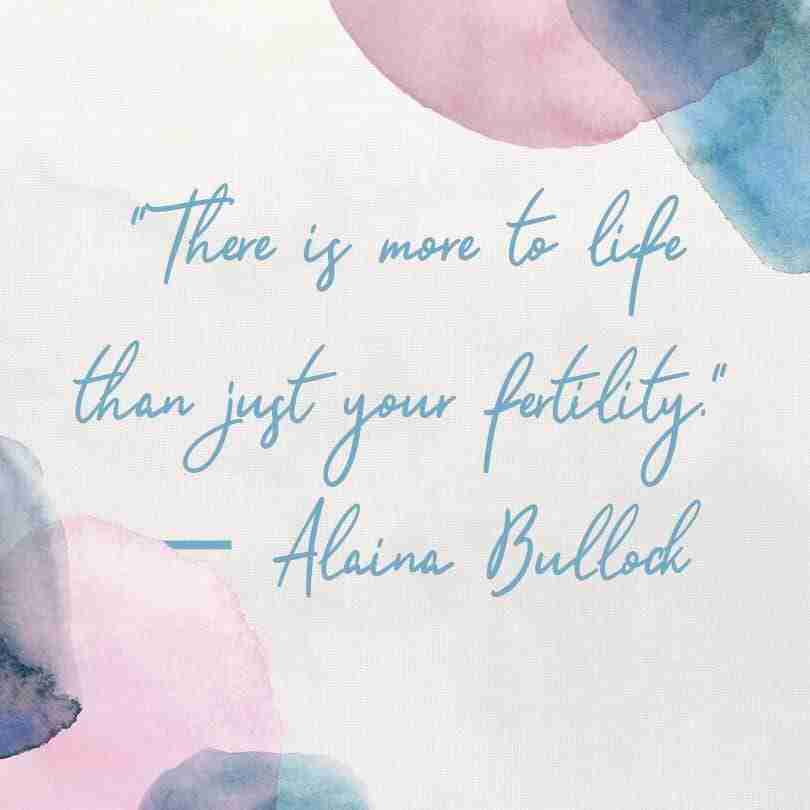
The impact of this stigma is not just emotional but also social. It affects relationships, mental health, and even career opportunities, as assumptions about availability and commitment are made based on parental status.
Combatting this stigma requires a shift towards more inclusive narratives that honor diverse life paths and recognize the value of individuals, irrespective of their parental status.
It calls for empathy, understanding, and a reevaluation of the societal constructs that define worth and fulfillment, paving the way for a more compassionate and accepting society.
What to do When People are Careless With Their Words… Or Intentionally Hurtful
When navigating the sensitive topic of childlessness, encountering careless or intentionally hurtful remarks can be deeply wounding.
It’s essential for couples facing these challenges to equip themselves with strategies not only to cope with such situations but also to protect their emotional well-being.
Setting Boundaries
Recognizing the importance of setting boundaries is crucial; it’s okay to steer conversations away from personal topics or to communicate when a topic is off-limits assertively.
Strengthen Your Relationship
Engaging in open communication with your partner about feelings and experiences helps fortify a supportive relationship, providing a buffer against external negativity.
Find a Community
Cultivating a supportive community, whether through online forums, support groups, or friends who understand, can offer a sense of belonging and understanding.
Take Care of Yourself
Practicing self-care and seeking professional help when needed are also key strategies for managing the emotional toll of hurtful comments.
This can include therapy, mindfulness practices, and activities that promote well-being and self-compassion.
Educating Others
When you feel able, about the impact of their words can also be a powerful tool in changing perceptions and fostering more mindful communication.
Share Your Experiences
By sharing your experiences and the realities of childlessness, you can help build awareness and empathy, potentially preventing future instances of careless or hurtful remarks.
Ultimately, the journey through childlessness is profoundly personal. Navigating the landscape of societal expectations and comments requires resilience, support, and self-care.
Remember, your parental status and seeking spaces and people that affirm do not define your worth.
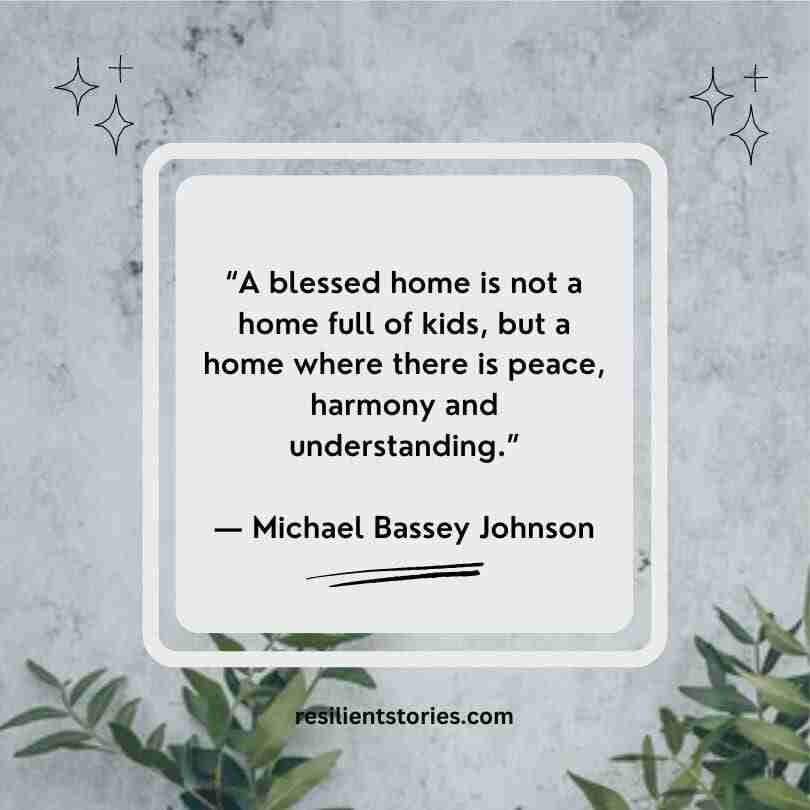
Avoid Hurtful Words and Apologize When You Do Hurt a Childless Person’s Feelings
Navigating the complex terrain of childlessness, whether by choice or circumstance, can significantly affect one’s sense of self and place within society.
Words, often underestimated in their power, can deeply hurt, echoing the old adage “sticks and stones may break my bones, but words will never hurt me,” yet the truth reveals a different reality.
Hurtful words directed at a childless woman—ranging from unsolicited advice to outright derogatory comments—can lead to feelings of inadequacy. This will impact her self-esteem and negatively affect her mental health.
This societal narrative, especially prevalent in conversations about family life, fertility, and the decision to have children, underscores the importance of mindful communication.
Recognizing the diversity of experiences among women, including those facing infertility, choosing not to have children, or those involuntarily childless, demands a shift toward more empathetic and supportive dialogues that honor each person’s journey and choices.
Not having children shouldn’t be confined to private grief. Currently, it’s a societal stigma, its significance amplified by the quiet it imposes.
The question of when a couple will extend their family tree is delicate, laden with assumptions, and often, uninvited intrusions.
Let’s All Support One Another a Little Better… Starting With Choosing Our Words Wisely
For many women longing for motherhood, a silent struggle with their bodies, the unintended sting of inquiries, and the weight of cultural norms equating femininity are part of their story.
Many women face challenges that test the resilience of the human spirit.
They remain silent about their childlessness. However, there’s been recent progress towards greater acceptance, and hopefully, sharing more experiences like these will help reduce the isolation felt by many.
Let us know a time when words hurt you in the comment section below. Do you have a personal story of infertility you would like to share with us? You can reach out on the Contact Us page.


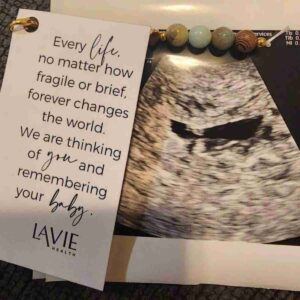
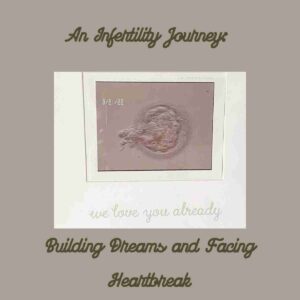
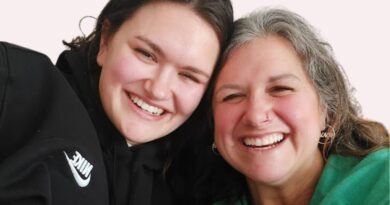
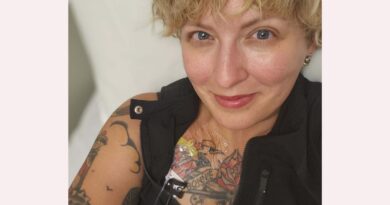
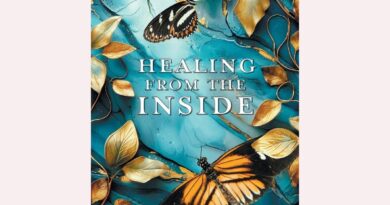
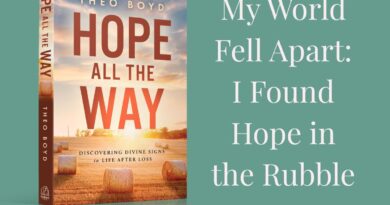
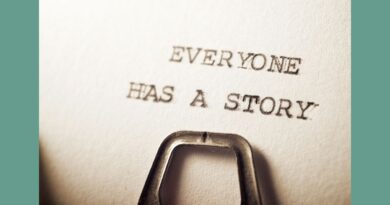










Such eloquent words about such a hard topic. The author clearly took such care to both elevate and validate the silent struggles of so many women. Thank you for this poignant reminder.
There are so many stories of women who suffer in silence. This topic has been discussed much more in various forms over the last few decades. It is important that we keep talking about it and help one another heal.
As a mental health provider who has worked primarily with individuals experiencing infertility, this article nailed it.
Thank you! We hope it helps someone❤️ We appreciate the comment!